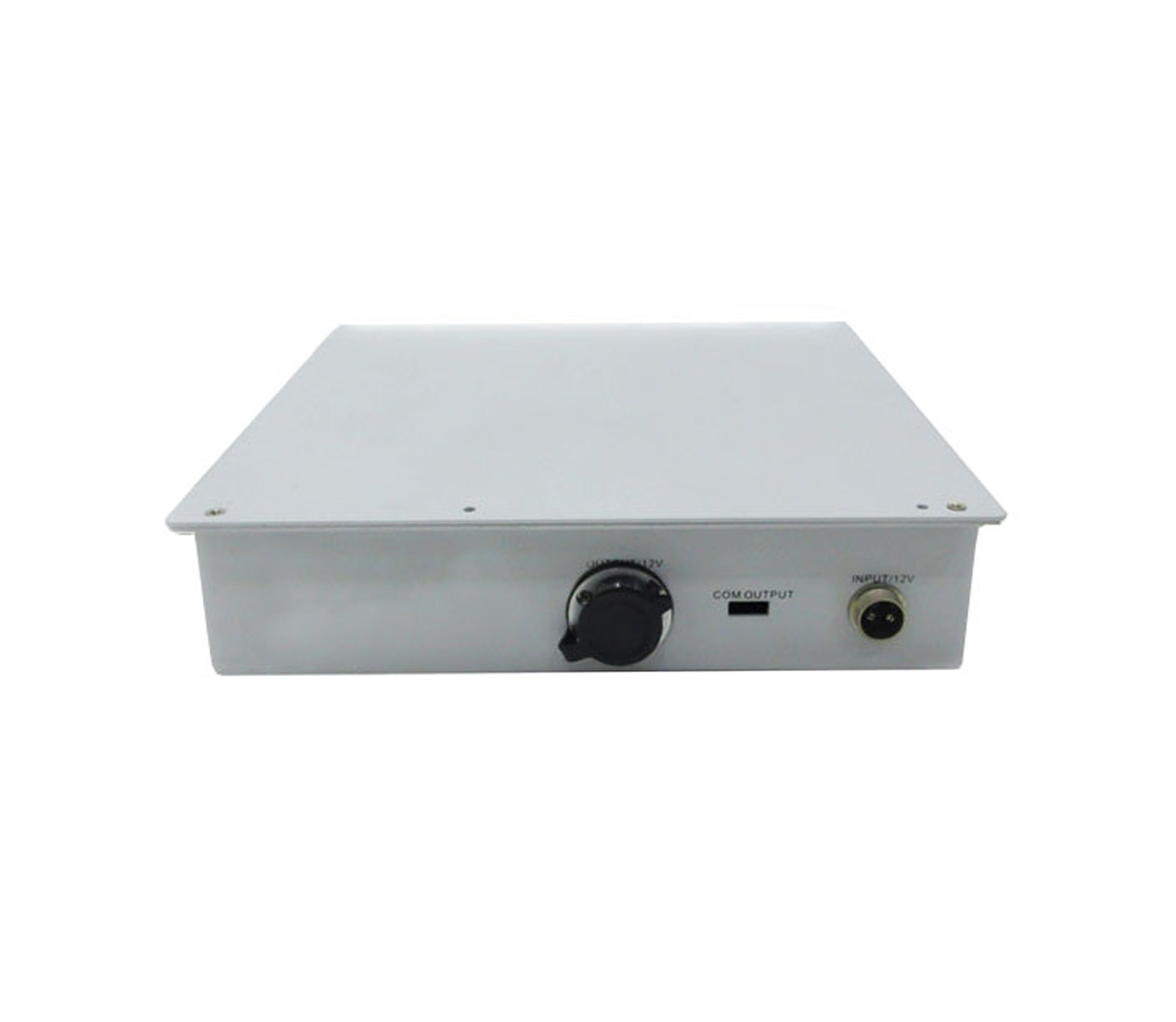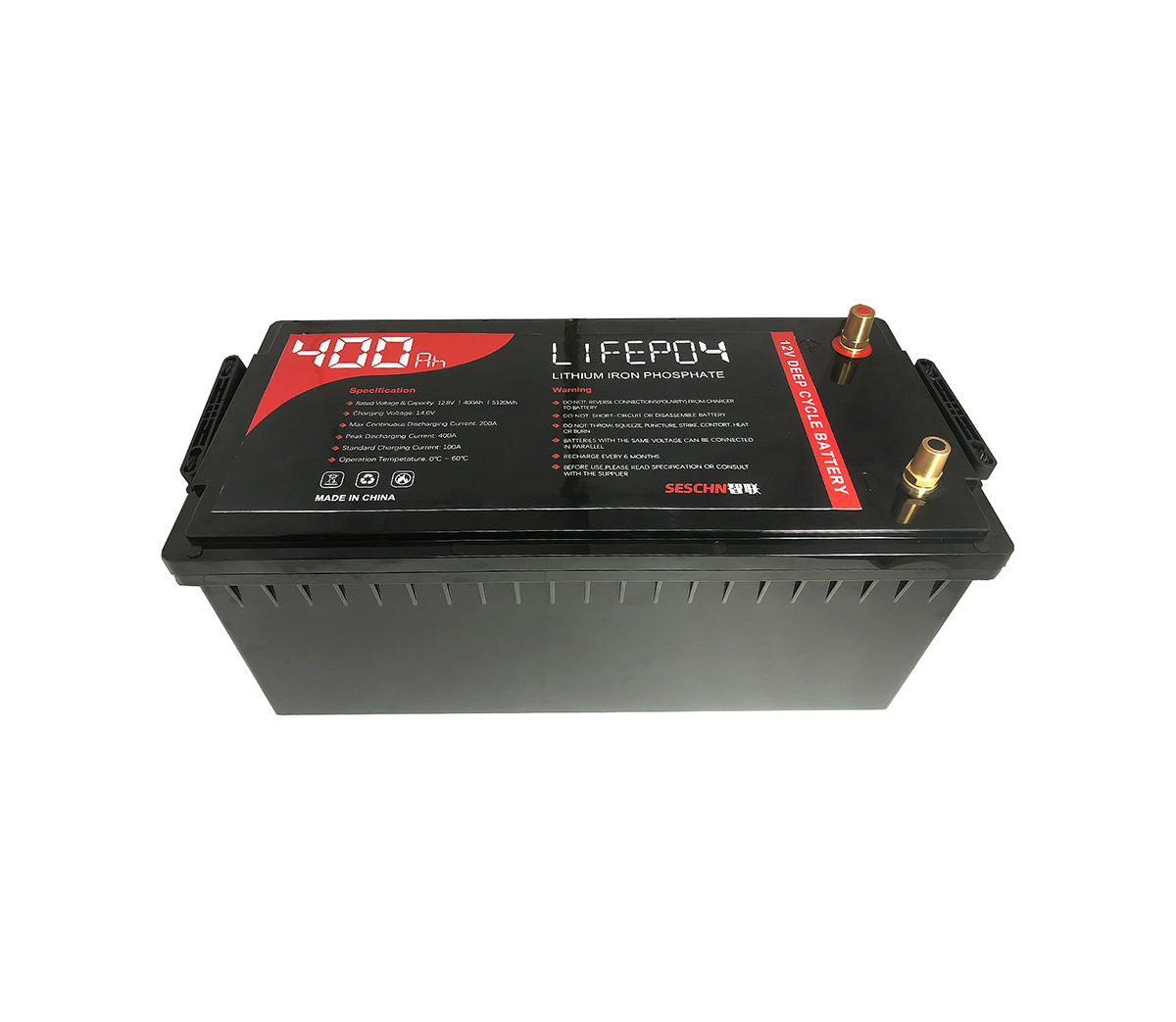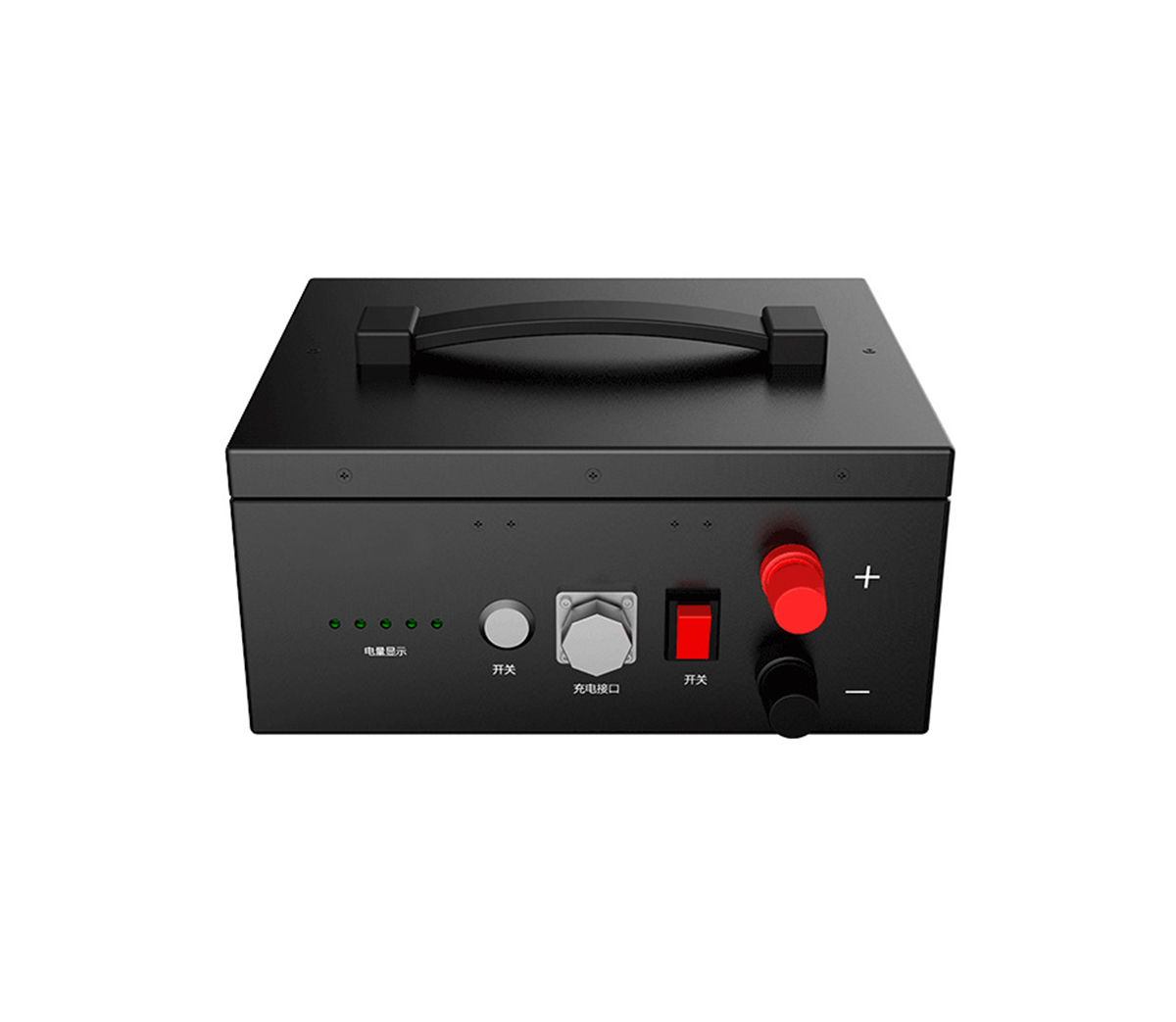The cold winter is coming, the conflict between Russia and Ukraine is still ongoing, and the supply of energy has been greatly affected, which indicates that the demand for new energy is increasing, because energy storage products represented by lithium-ion battery energy storage systems can effectively solve the problem. this hard winter.
SES Power is a professional lithium battery energy storage system integrator, because we have nearly two decades of experience in the lithium battery industry, and our products have high technical content and high cost performance: using high-quality lithium iron phosphate square aluminum Shell batteries are made of excellent products, such as lead-acid replacement products with Bluetooth or RS485 communication function (lithium iron phosphate battery 12V100Ah, 12V200Ah, 24V100Ah), high current (2000A) starting lithium battery, UPS high voltage lithium battery system (up to 860V) ), 3Kw~20Kw off-grid, grid-connected, island-type lithium battery energy storage system, wall-mounted home energy storage system 48V100Ah, 48V200Ah, stacked energy storage system (single is 51.2V100Ah, supports up to 15 stacks), etc. . We are full of confidence in the development of the energy storage industry. Let us sort out the dynamics of the energy storage market for you.
A: FREYR company and Nidec company set up a joint venture, the energy storage module adopts semi-solid lithium-ion battery
Norwegian battery start-up FREYR Battery and Nidec plan to form a joint venture (JV) that will use semi-solid lithium-ion technology to produce batteries and energy storage modules.
The two parties also increased the size of the battery supply deal from 31GWh initially to 38GWh by 2030, with the potential to further increase to 50GWh.
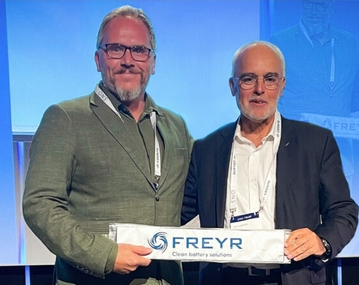
Tom Jensen (left), CEO of FREYR, and Laurent Demortier, president of Nidec's Energy and Infrastructure division, sign the agreement.
FREYR uses semi-solid electrode technology developed by 24M in the United States, while building a battery gigafactory in Norway. The company promises to deliver higher-energy-density, safer battery products at a lower cost than competitors using existing technology platforms.
The company is also expanding into the U.S. market, recently establishing a technology center in Boston, appointing a head of North American market operations, and is listed on the New York Stock Exchange (NYSE). The company recently opened a technology park and business unit in Japan with 24M.
FREYR said recently that it is ready to proceed with the construction of Giga Arctic, a Norwegian factory complex that combines previous plans to combine two smaller plants with a target of 29GWh of annual capacity, while the company’s The goal is to own and operate a production line with an annual capacity of 200GWh of batteries at various locations in Norway by 2030.
The $1.6 billion Giga Arctic Gigafactory is expected to be operational in early 2024.
At the same time, Japan's Nidec became one of the first off-takers of FREYR's Energy Storage Systems (ESS) division. FREYR announced the deal in December, but did not disclose the names of the companies involved in the deal at the time for confidentiality reasons.
Based on current battery pricing trends and raw material costs, the deal with Nidec could be worth more than $3 billion, FREYR said.
Nidec said a few days ago that FREYR's semi-solid lithium-ion battery production plant uses clean energy from a hydroelectric facility provided by Statkraft. This clean energy will be used to produce Nidec's battery energy storage system (BESS) solutions.
To date, Nidec has delivered 1.3GW of battery storage systems to 121 different projects in 21 countries. Nidec said it aims to be carbon neutral by 2040, while identifying FREYR's low-carbon production process as an important strategy for its supply base.
FREYR said the deal with Nidec would form an important part of the Norwegian Gigafactory project financing landscape. FREYR has announced deals with battery storage industry players Powin Energy (28.5GWh) and Honeywell (19GWh).
The joint venture between FREYR and Nidec is owned two-thirds by Nidec and one-third by FREYR. Its name has not yet been determined, and it is expected to be established between October and December this year.
Nidec and FREYR will jointly develop, manufacture and sell batteries using FREYR, and Nidec will integrate the battery energy storage system and start production in the first half of 2024.
Tom EinarJensen, CEO of FREYR, said: "We have signed a milestone sales agreement for approximately 50% of our target production at our GigaArctic plant by 2030."
The plan to produce 200GWh of batteries by 2030 doubles the original target of FREYR, which was identified by the country's government as a potential cornerstone of Norway's green energy techno-economy.
Another Norwegian battery-making start-up, Morrow Battery, has signed an agreement involving the construction and financing of a NOK 480 million ($49 million) gigafactory in Arendal, a city on the southeastern coast of Norway.
Morrow Battery has contracted with the Norwegian Industrial Development Corporation (SIVA), a government agency tasked with financing and building infrastructure projects. Construction of the battery factory is expected to start in September, according to Norway's national battery strategy.
B: Allotment and storage 225MW/1140MWh! Eksfin Provides $102 Million Guarantee for Three Solar Storage Projects
Norwegian government-backed credit agency Eksfin plans to provide $102 million in guarantees for three solar-plus-storage projects deployed by renewable energy developer Scatec in South Africa.
As previously reported by industry media, Scatec began deploying three solar-plus-storage projects in the Kenhart area at the end of July, with a total installed capacity of 540MW of solar power facilities and 225MW/1,140MWh of battery storage systems.
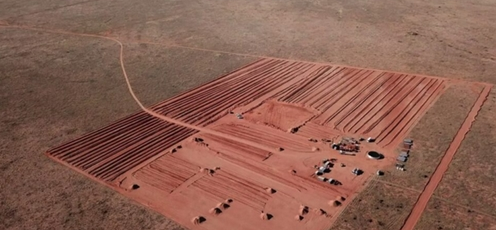
Eksfin provided the projects with a NOK 1.2 billion ($102 million) financial risk guarantee package, which, according to previous reports, accounted for about 10 percent of the total project cost.
The scheme aims to ensure that Scatec delivers the project as contracted by backing the financier Nordea's guarantee and securing the owner's equity. Other banks providing funding for these projects are South Africa-based Standard Bank and the UK's development finance institution, the British International Investment Corporation.
The package includes loans to companies that have purchased projects and guarantees that the loans will be repaid, as well as guarantees to the relevant authorities, grid operators and suppliers to Scatec.
Terje Pilskog, CEO of Scatec, commented: "The world is at the crossroads of a green transition and an energy crisis. Norway, as a country rich in renewable energy, can well play a central role in the development of renewable energy and the achievement of global climate goals. . The financial backing of Eksfin is undoubtedly a key factor in our international expansion.”
Scatec will own 51% of the three solar-plus-storage portfolio, while local investor H1 Holdings will hold the remaining 49%. Scatec provides engineering, procurement and construction (EPC) services for these projects and will be a long-term operations and maintenance (O&M) and asset management service provider.
The three projects will be connected to the grid by the end of 2022 and signed a 20-year dispatchable energy power purchase agreement in June this year.
C: NeoVolta to deploy energy storage systems at 1,000 electric vehicle charging stations
Home energy storage system provider NeoVolta will deploy energy storage systems at 1,000 electric vehicle charging stations operated by EOS Linx in the United States.
The Nasdaq-listed NeoVolta said it will deploy its battery storage system at charging stations selected by EOS Linx in Georgia.

(NeoVolta will deploy its battery storage system at EOS charging stations)
As part of the partnership, NeoVolta will also provide intelligent power management for EOS charging stations, and says the battery energy storage system will provide clean electricity. EOS Linx said it deployed solar power generation facilities and energy storage systems in charging stations.
Integrating battery energy storage systems into EV charging stations allows operators to optimize energy consumption in charging parks to reduce grid charging or increase the share of renewable energy in the electricity they provide.
Blake Snider, CEO of EOS Linx, said, “With NeoVolta, we have found smart energy storage solutions that meet high standards in terms of reliability and performance, and are delighted to have them in our EOS charging station network nationwide. battery energy storage system.”
NeoVolta recently upgraded from the OTCQB market to the Nasdaq capital market, but according to industry media reports, the company raised much less money than originally planned amid what its chief financial officer called a tough capital market.
The company designs, develops and manufactures residential battery energy storage systems using Lithium Iron Phosphate (LFP) batteries, which are sold primarily through solar installers and equipment distributors, with 7.68kW/14.4kWh energy storage units.












